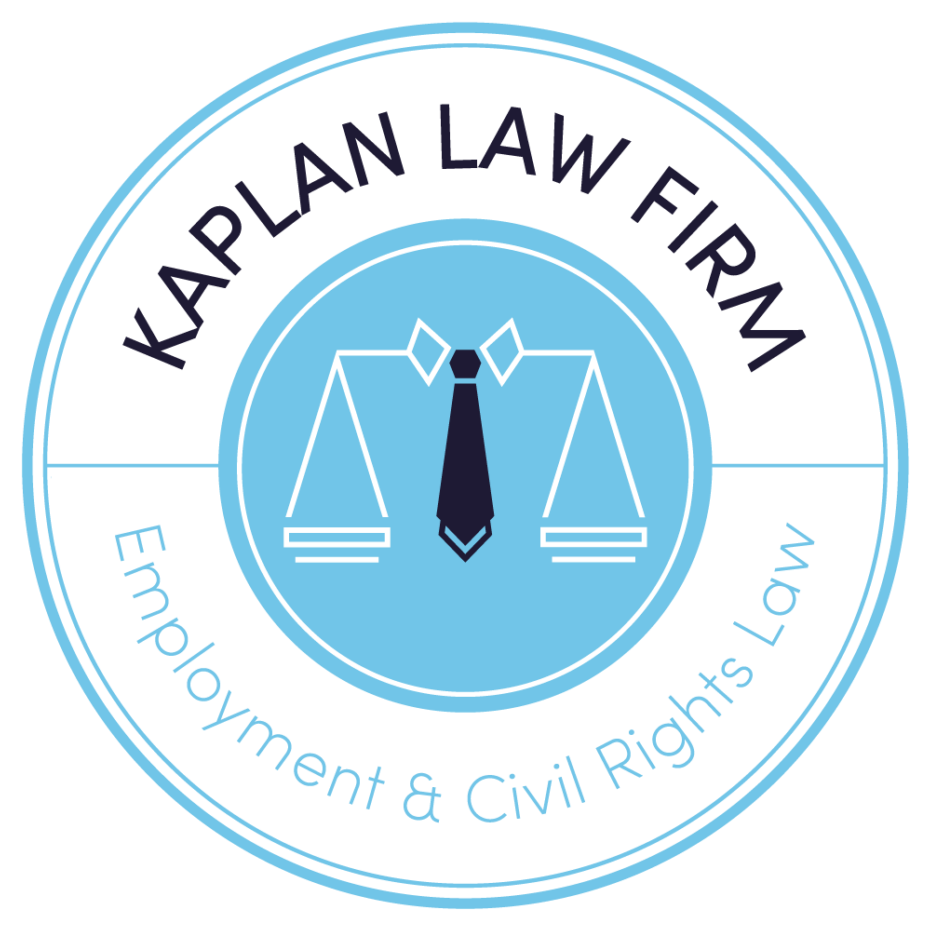Med Spas in Texas
The Shady Practices That Make Shady Med Spas
Med spas have become increasingly popular in Texas as more and more people seek cosmetic treatments without undergoing invasive procedures. While many med spas operate with integrity, some, unfortunately, take shortcuts that violate Texas laws, putting their customers and employees at risk.
What is a Med Spa?
A Med Spa combines a conventional day spa and a medical clinic. While day spas are limited to relaxation including massages, facials, and body therapies, med spas involve non-surgical and non-invasive treatments such as micro-needling, laser skin resurfacing, and hair removal.
Who Can Own a Med Spa?
In Texas, because med spas are medical practices they must adhere to state laws governing professional entities. These laws dictate that only physicians can be the rightful owners of medical practices, with certain exceptions granted to podiatrists, chiropractors, optometrists, and in some cases, physician assistants. Consequently, nurse practitioners and unlicensed individuals are prohibited from entering into partnerships with physicians for med spa ownership.
Furthermore, med spas can only be legally structured as professional limited liability companies (PLLC) or professional associations (PA), precluding them from adopting the forms of corporations or regular limited liability companies (LLC).
Who regulates Med Spas in Texas?
External regulation: Medical spas in Texas are subject to strict oversight by regulatory bodies such as the Texas Medical Board, the Texas Department of License and Regulation, the Texas Department of State Health Services, and federal agencies. These regulators actively crack down on non-compliant med spas.
Internal regulation: Since a licensed physician must supervise Nurse practitioners and physician assistants (“midlevel practitioners”). The physicians are given the title of Medical Director who, just as in a hospital, is responsible for all medical protocols and policies.
How do med spas violate Texas Laws?
One way that med spas in Texas violate the law is by employing unlicensed practitioners to perform medical procedures such as Botox injections and laser treatments. A valid medical practitioner’s license is required for these procedures as it ensures that practitioners have met the state’s standards of competency through proper education and training. Licensing helps protect patient safety by ensuring adherence to professional standards and ethics. Adhering to the legal requirement of employing licensed practitioners demonstrates a med spa’s commitment to quality care and most importantly, patient safety.
In Texas, only licensed physicians can order or perform medical procedures without supervision. Nurse practitioners and midlevel practitioners must be supervised by a licensed physician as required by the Texas Medical Practice Act and the rules of the Texas Medical Board.
In a notable case, a supervising physician for a med spa discovered that the clinic had employed a registered nurse (RN) to “order” and administer Botox injections without the necessary supervision. Upon learning of this violation, the physician promptly resigned from the clinic and reported the incident to the Texas Medical Board. As a result, the Texas Medical Board took action and imposed civil penalties against the clinic.
Moreover, Med spas can violate regulations by offering unauthorized procedures that are beyond the scope of their licensing. While they may provide non-surgical treatments like facial rejuvenation and non-invasive body contouring, surgical procedures such as liposuction, breast augmentation, and facelift surgeries require specialized training and qualifications.
Consequences
Growing at the rate that they are, it is concerning if med spas are not complying with legal and ethical standards. They must comply with a range of laws and regulations related to medical procedures. Failure to meet these requirements can result in significant consequences for all parties involved.
Consequences for Employers:
Employers who neglect their legal responsibilities in med spas may face legal actions and potential lawsuits from employees, customers, or regulatory authorities. These repercussions can include fines, penalties, loss of reputation, and even the possibility of closure or loss of business licenses.
Consequences for Employees:
When employers fail to ensure proper training and licensing for employees, it puts the employees themselves at risk. Unqualified employees may face disciplinary action, legal consequences, and damage to their professional reputation. In some cases, they may also face personal liability for any harm caused to customers due to their lack of competence or negligence.
Consequences for Customers:
Customers who seek treatments or procedures in med spas that do not comply with legal responsibilities face significant risks. They may experience physical injuries, infections, or other adverse effects due to the negligence or incompetence of improperly trained or unlicensed practitioners. In such cases, customers have the right to pursue legal action against the med spa for compensation, and the spa may be held liable for the damages caused.
While med spas can provide valuable services to customers, some med spas in Texas take shortcuts. Med spas that violate guidelines can face serious consequences. Customers and employees alike should be vigilant in choosing med spas that operate with integrity and comply with all Texas laws and regulations related to medical procedures.
Have a possible case?
Reach out to an employment attorney in your state or contact us here at Kaplan Law Firm for a free online case evaluation to help figure out the best course of action for your case.




